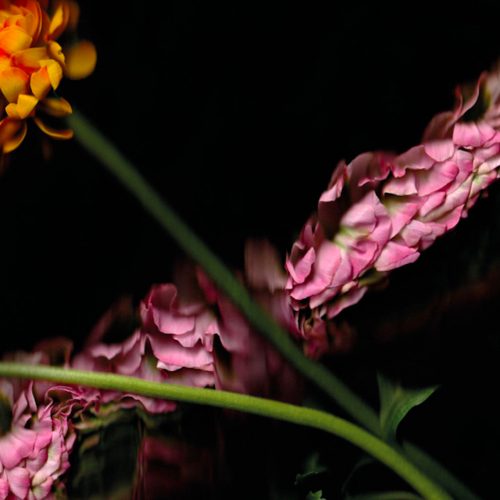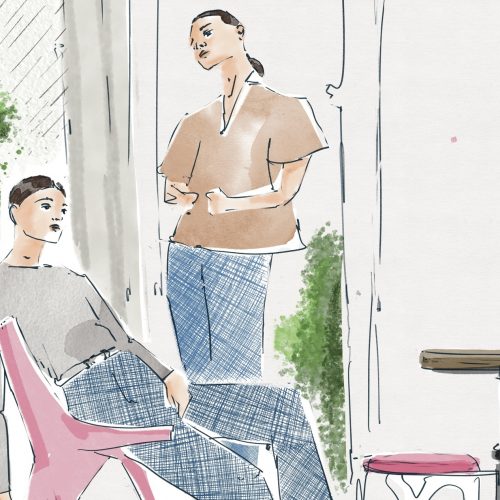Best Restaurants In Europe With Innovative Sustainable Concepts
Fine dining, creativity, and sustainability form a perfect blend. Europe has a plethora of sustainable restaurants. With such an extensive array of options, it is difficult to know where to start. The best restaurants distinguish themselves from the rest by pushing the boundaries and reimagining concepts of sustainability. Find out the ones that stand out!
To receive the Luxiders Newsletter, sign up here.
Many restaurants in Europe are adopting sustainable practices as a standard. Some chefs and their teams take their efforts beyond the standard. Their innovations are varied but equally inspiring. Some focus on championing local producers, adapting to the season, and growing their vegan food. Others scratch waste off the menu or think of sustainability beyond the dishes and into design and architecture. In one way or another, this selection of restaurants not only offers a memorable culinary experience but also plays a role in revolutionising how we think about sustainable cuisine.
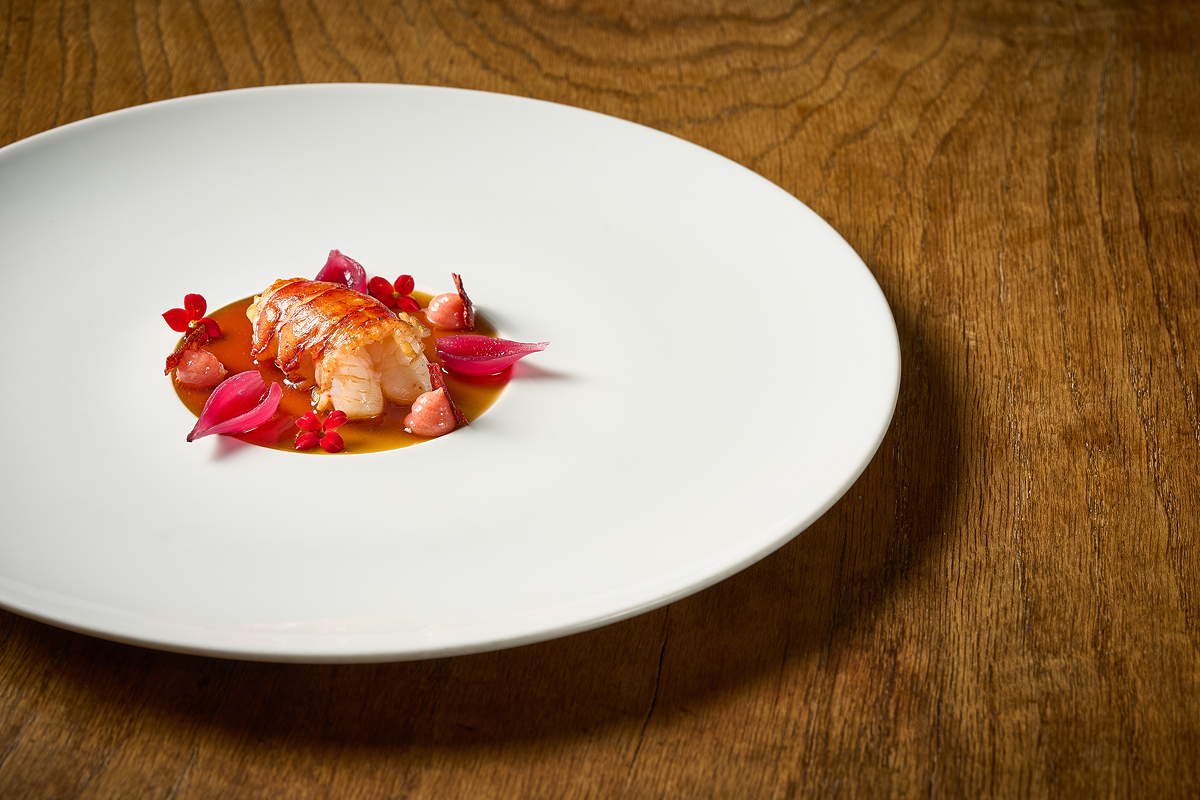
© Azurmendi
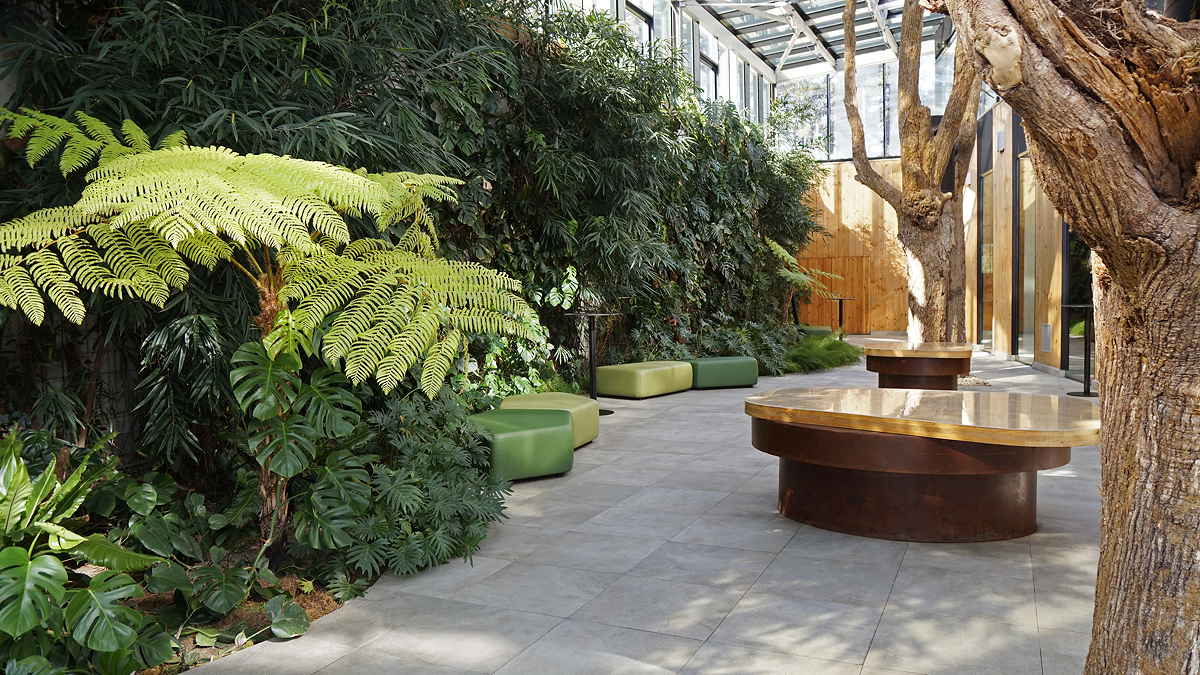
© Azurmendi
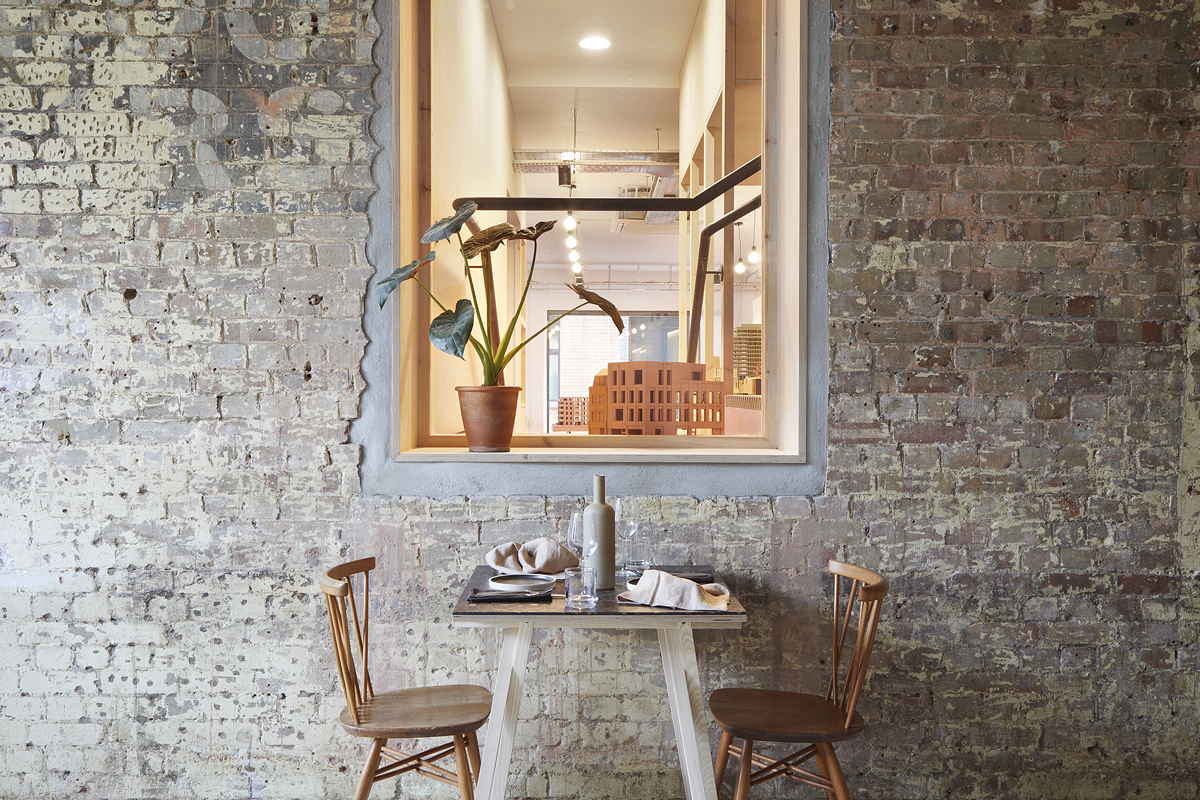
© EDIT
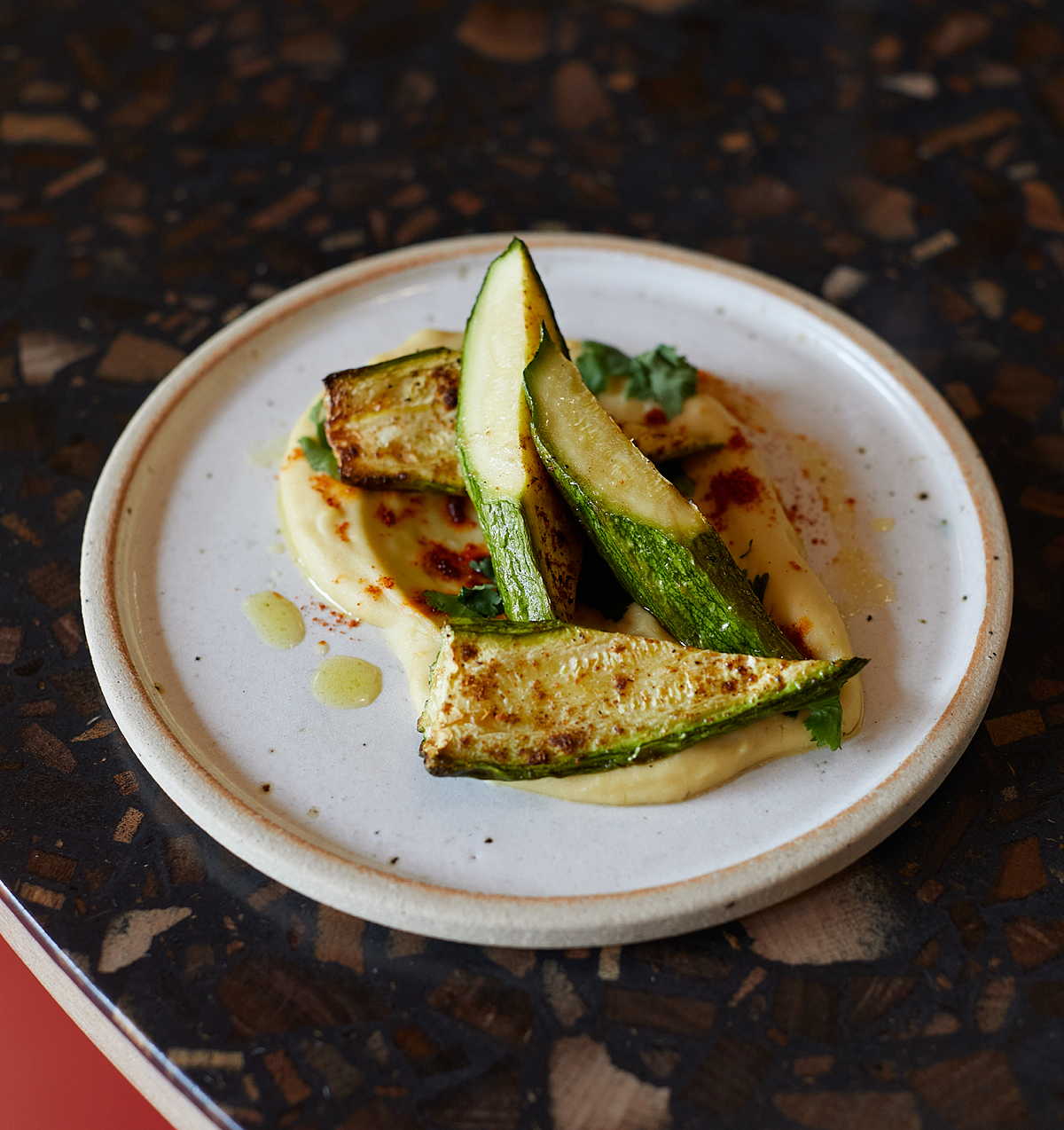
© EDIT
BEST RESTAURANTS INNOVATING IN SUSTAINABILITY
AZURMENDI RESTAURANT (LARRABETZU, SPAIN)
First, is renowned chef Eneko Atxa’s three Michelin star Azurmendi. Atxa makes the Basque country’s environment and society the centrepiece of his work. The menu is a thrilling journey in time through traditional to contemporary cuisine. Azurmendi not only keeps the menu sustainable but their entire operation. It was recognized as the “Most Sustainable Restaurant” in 2018, by The World’s 50 Best Restaurants. The restaurant’s goal is to always be in harmony with the environment. Starting with the construction, the restaurant used recycled and local materials. Through non-invasive methods, the building was carefully integrated into the hillsides of Larrabetzu, in the Basque Country.
Where Azurmendi excels is using state-of-the-art technology to make the architecture a pioneer in sustainability. It is a bioclimatic building, which takes advantage of the natural environment and climate to minimise energy consumption and improve our experience as guests. Nature plays an active role in the building with vegetable gardens, aromatic plants, and a greenhouse area on the roof. The greenhouse faces south and the dining area north, reducing the need for shade in summer and accumulating heat for winter. In like manner, the design works around an atrium which provides natural light for the kitchen and works as a climate buffer.
Further on, the restaurant takes advantage of nature’s renewable energy sources. Geothermal installations suffice most of the thermal needs. The glazed roofs feature a solar energy system, and rainwater collection tanks fully cover the irrigation needs. To put a cherry on top, Azurmendi recycles all its waste. The organic waste is turned into compost, which local farmers use.
EDIT (LONDON, UK)
Elly Ward created EDIT to address issues in both food systems and architecture. Both require a sustainable change, but she proposes a more immediate approach through a restaurant that challenges traditional destructive and wasteful practices. EDIT is a hyper-seasonal, low-impact restaurant. Local, and seasonal produce are the protagonist of every dish. Their seasonal tasting menu changes weekly, even daily, to respond to what nature is offering. We can complement this delightful tasting with a curated selection of low-intervention, local wines, beers, ciders, or cocktails.
The founder takes from her background in design and architecture to showcase sustainable practices in the restaurant’s circular design. EDIT was named after the idea of “editing” an existing building rather than destroying or starting from zero. She based the design on two pillars: adaptive reuse, and minimal impact. EDIT located the restaurant in a former Victorian factory and warehouse, removing what was detrimental or harmful without losing the essence of the place. It retained, re-used, and improved what was there to avoid operational inefficiencies. The exposed brick walls and cast-iron columns show its history as a former warehouse. They constructed everything to last by using slow, purposeful construction methods.
Additionally, the team took minimising waste to a new level of commitment. They repaired equipment, gave new life to old ones, and upcycled materials from junkyards. Every detail inside EDIT is evidence of their circular philosophy: rescued terracotta tiles, pre-loved furniture, wood waste tabletops and upcycled copper jam pans as wash basins.
FREA (BERLIN, GERMANY)
Next, Frea is the first plant-based zero-waste restaurant. Under the motto, “Full Taste. Zero Waste”, everything at Frea is homemade and vegan. Even the sourdough bread or the pasta are home-made. This grants Frea creative freedom to invent unique dishes. Frea is one of the best restaurants because it maximises each product incorporating them in innovative ways and attention to detail. The restaurant does not aim to convert anyone to veganism but makes a compelling argument by using plant products in unique ways, creating new flavours and textures. Making everything in their kitchen is a laborious task, but a rewarding one. Frea has also been awarded a Michelin Green Star.
The founder, David Johannes Suchy, explains that vegan food naturally aligns more with zero waste. What cannot be used or comes back into the kitchen goes into the in-home composter and is given back to the suppliers when ready. Frea also adopts the farm-totable concept sourcing unpackaged goods directly from local producers. When sitting in Frea you will notice a piece of art containing 15 kilos of plastic collected during the construction. The furnishing is also made from recycled or recyclable material. Frea creates a welcoming and warm atmosphere to enjoy a delightful evening with healthy and organic dishes. For those enjoying FREA’s concept, it has also launched its zero-waste bakery filled with original and delicious pastries.
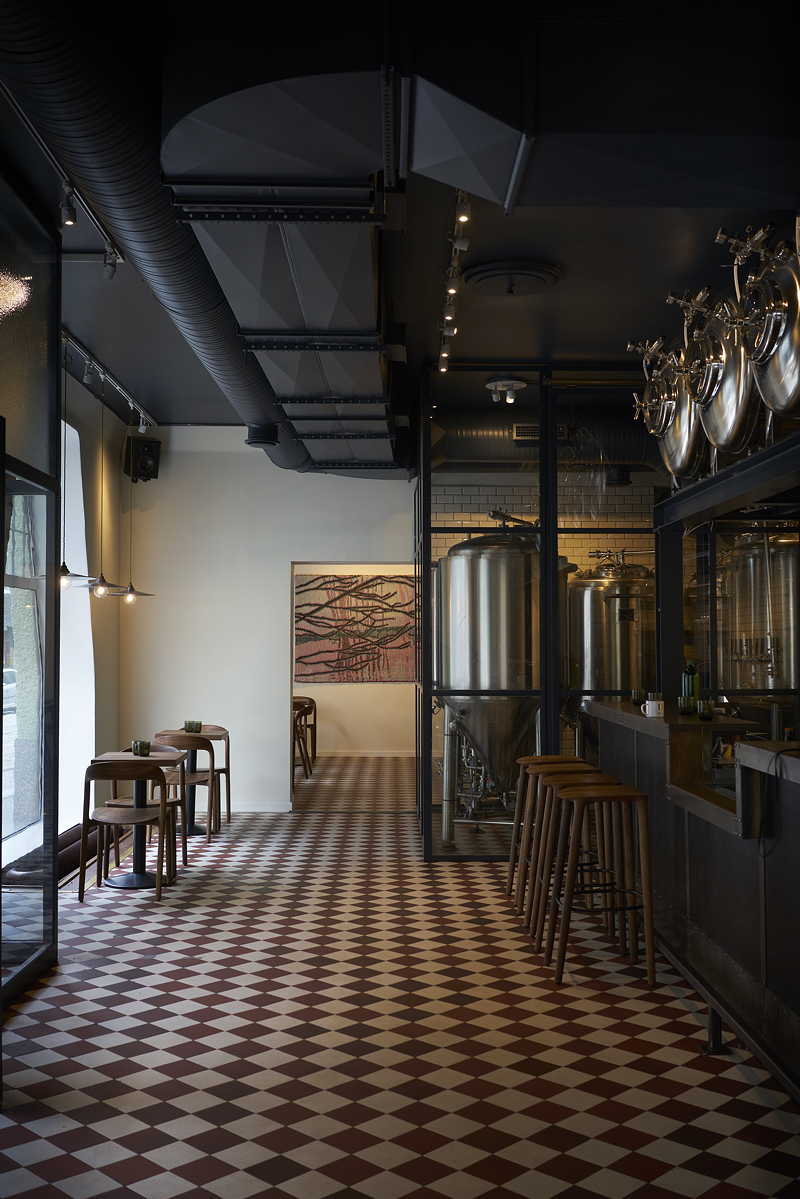
© Nolla
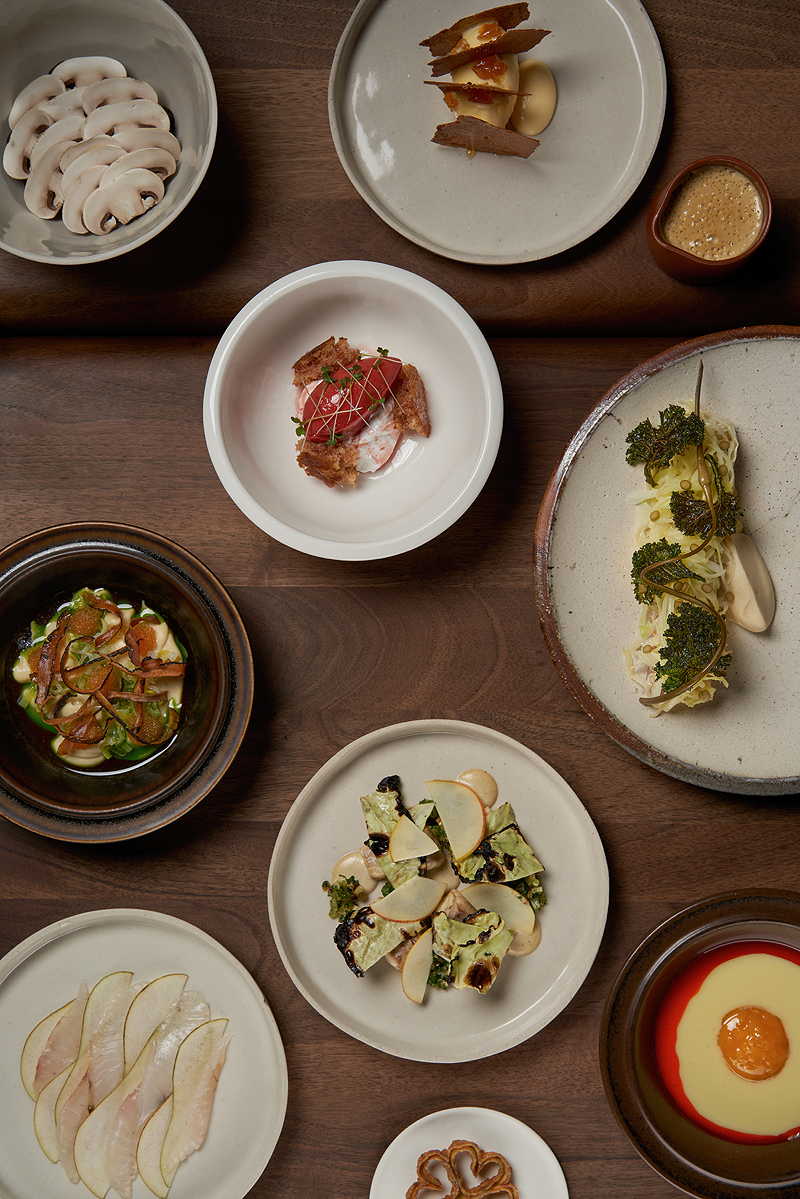
© Nolla
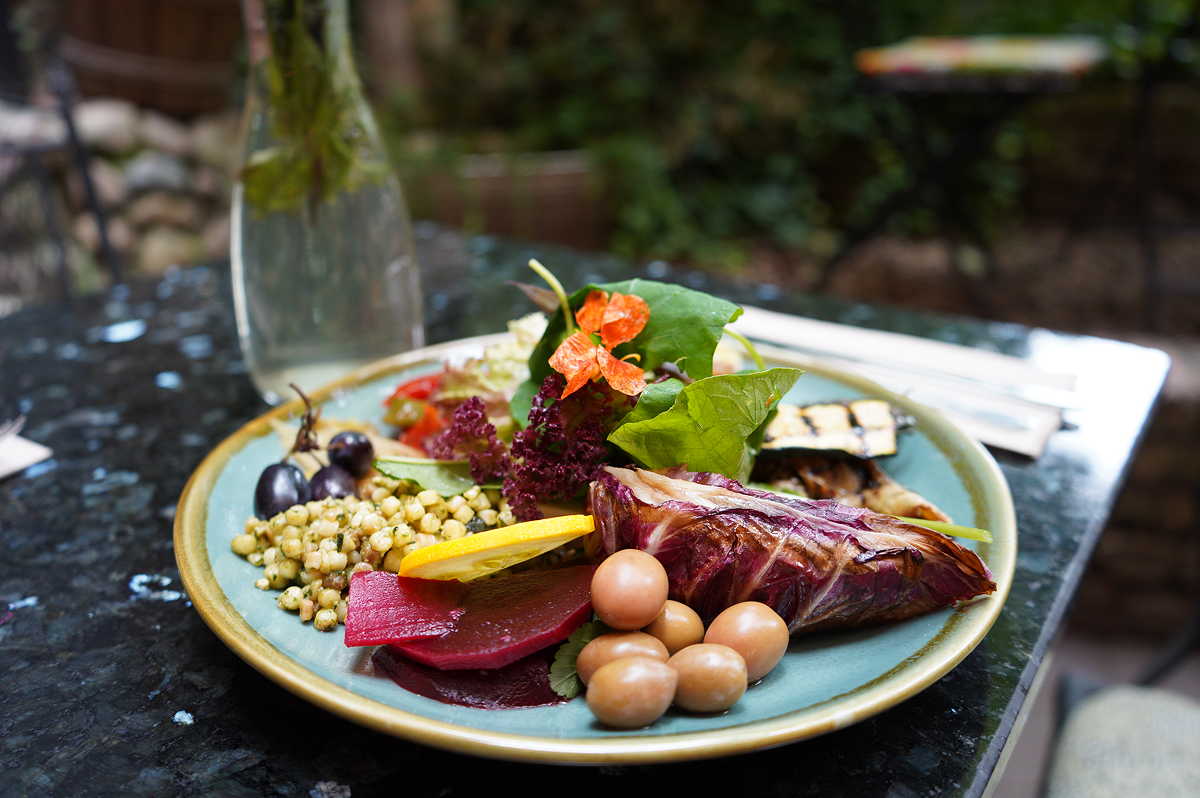
© Café Botanico
APONIENTE (CADIZ, SPAIN)
Chef Ángel León is renowned for his research into new ingredients that reduce fishing pressure and promote sustainable fishing practices. Located in a 19th-century tidal mill, Aponiente is a culinary exhibition of León’s commitment and findings to preserving our oceans. He discovered new ingredients in the sea and employs species that were forgotten in history or completely unknown to mankind. His efforts have not come short, earning the restaurant three Michelin stars, a Green Michelin star and “Most Sustainable Restaurant” in 2022, by The World’s 50 Best Restaurants.
Aponiente is a reminder of the mysteries of the sea, yet to be discovered. The culinary journey takes us through 40 new ingredients from the sea and marine elements we had never heard of before. Marine honey extracted from Maritime Rupee, marine oils, sea chestnuts, sea potato, bryozoa, goby and sea worms are just some of the names that keep us astonished with the marine biodiversity on the menu. The purpose is to show us that every product we use has a nutritious substitute on the sea. Even with species we do know, Aponiente teaches us about maximising a good and reducing waste. For example, Chef Leon employs fish scales for collagen or makes beautiful dishes out of tuna tails.
Not to mention, all the efforts come from a deep respect for the mystifying sea and its grand biodiversity. They focus on protecting and restoring the environment that surrounds them. Aponiente is constantly exploring the sea. Their research led to the discovery and growth of Zostera marina, or marine cereal, the next superfood.
CAFÉ BOTANICO (BERLIN, GERMANY)
As we step into Café Botanico, we find ourselves in a forest that celebrates sustainable and healthy cuisine. Using a farm-to-table concept, the hosts treat guests to produce grown in the enchanting garden that surrounds them. Respecting seasonality, the restaurant grows fruits, vegetables, and aromatic herbs, making dishes is fresh and flavourful. It is important for Café Botanico to remain accessible for their customers. Therefore, the restaurant complements the produce of their garden with other seasonal and convenient market products.
Significantly, permaculture lies at the core of Café Botanico, which the restaurant describes as the most sustainable approach to agricultural and modern life. Permaculture mimics the natural environment to create sustainable, self-sufficient, and resilient ecosystems. They employ the available resources and minimal intervention. They fertilize the soil using compost and plant manure. In short, the gardeners trust the harmonious co-existence of plants and the environment.
In addition, Martin Höfft, founder of Botanico and permaculture gardener, shares that this is a project that aims to shape a transition into a sustainable society by appreciating what we know. Visitors can have guided visits through the garden and learn from the produce they are eating. We learn from a circular economy, ecological cultivation, and healthy eating. It inspires change in our own practices and daily life. If it is your first time at Botanico, he recommends the wild herb salad, which champions what naturally grows each season.
NOLLA (HELSINKI, FINLAND)
Nolla, meaning zero in Finnish, is a staple of zero-waste in the Nordic countries. The restaurant does not even have a trash bin. The chef trio Carlos Henriques, Luka Balac and Albert Franch Sunyer want to serve great food without compromising sustainability. Using technology, the restaurant can track how much resources they have used and food waste. This enables them to prepare future menus accordingly. Uniquely, the open kitchen reflects the restaurant’s commitment to transparency with the consumer. Nolla has also earned a Green star by Michelin.
Furthermore, they source all the products from the local farmers, fishermen, and producers. Focusing on seasonality, Nolla has a flexible cuisine, writing the daily menu on a chalkboard. The restaurant also involves its suppliers in its sustainability efforts, including a no-packaging policy. Moreover, Nolla turns all the organic waste into compost. Ready within 24 hours, they give the compost back to the suppliers to use in their crops, creating a circular model.
The sustainability efforts of one of the best restaurants go beyond the food they serve. They make aprons from recycled materials, and serve drinks in repurposed glass bottles. The minimalistic design creates a cosy environment and a reminder of our consumer habits. They also use food waste in their microbrewery to produce ales.
+ Highlight Image:
© Azurmendi
Words:
Francesco Witt
Luxiders Magazine



